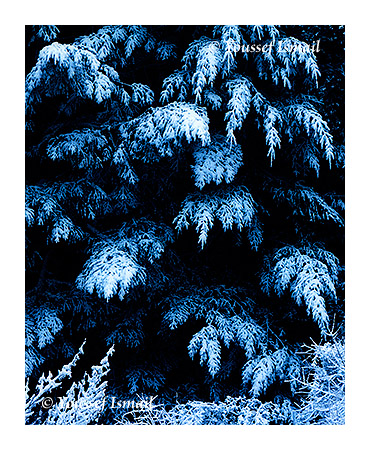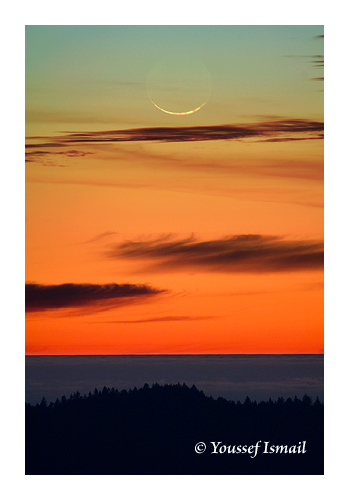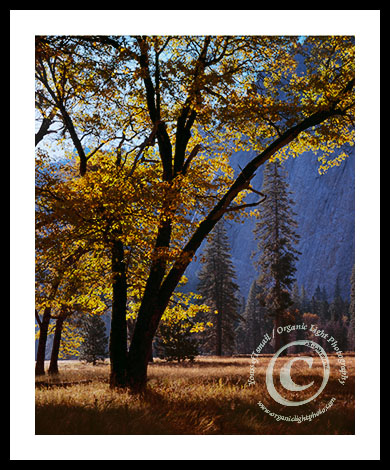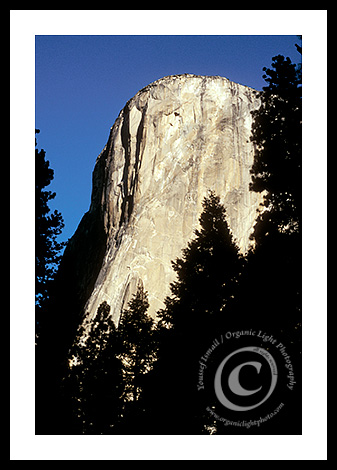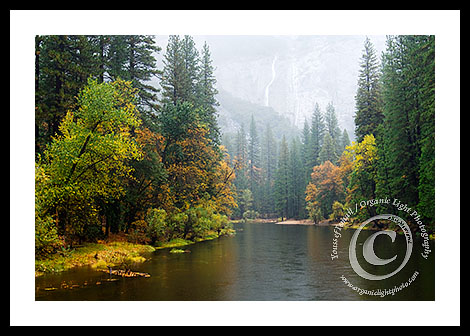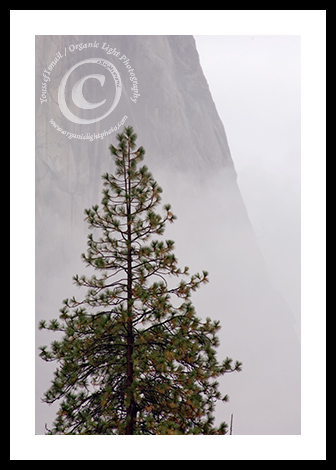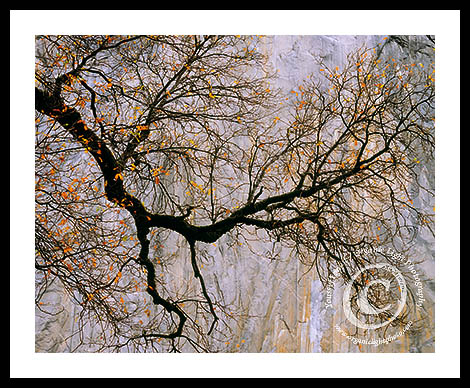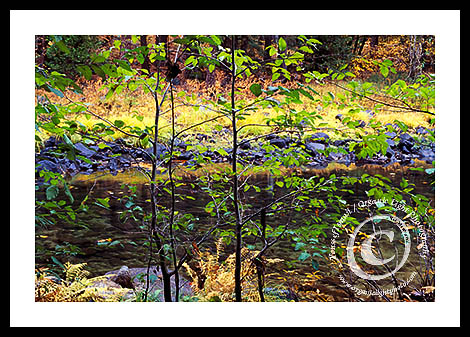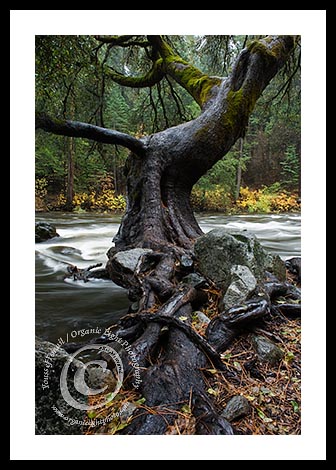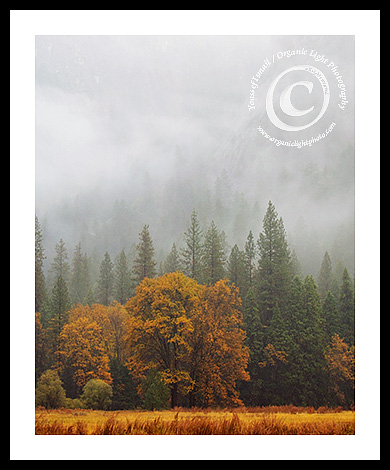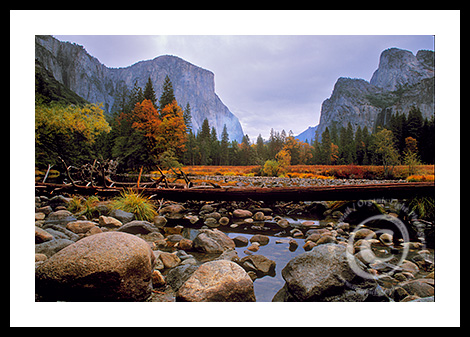Book Knowledge, Teachers and Learning
We live in the age of information. Ask any question and the answer is literally at your finger tips no more than a few clicks away with any Google search. Not sure how to upgrade computer hardware? No problem someone out there in the virtual world has probably posted something somewhere that explains it. Need to learn how to cook sticky lemon chicken? Google those words and a list of various recipes along with the instructional video pops up ready for you to digest that information. Can’t figure out why the check engine light is on in your car? No problem, it is simple enough today to buy a computerized device that will probe your car’s computer and report to you with a code number that practically tells you the problem. Don’t know how to fix that? Just a click away and you will find the answer among the many discussion boards on car repair. Need an illustrated step-by-step procedure on how to do that? Its available online as well.
Not so long ago this amount of information would have filled entire libraries and it would have taken someone trying to find the information I mention nearly a month’s time and maybe more. Today it seems that anyone and everyone is his or her own teacher. Everyone just relies on the “book knowledge” that they can find and they become their own Do-It-Yourself experts. While there is nothing wrong with doing things for yourself, as I find great satisfaction in being self sufficient, learning through books alone is daunting and quite frustrating. New vocabulary and unfamiliar concepts can be quite confusing when first encountered in books. Most books are not written for the ultra-novice and reading such books can bring more confusion to the subject than before opening the book. In addition, most subjects rely on a foundation of many other subjects and knowledge of those is just as important to understanding what is being read. The notion that someone can become knowledgeable in a subject by simply reading a book borders on the absurd.
Teachers on the other hand are the keys that unlock what is written in books. Anyone can write a book that transmits the information that is contained within it. However there is no guarantee that what is written is correct or that it will even be understood the way the author had intended. In all my years of education as a student I relied heavily on my teachers in spite of whatever textbook was used in the class. The book was more of a reference or a place where additional notes taken from a teacher were placed such that the text made sense. Their words, explanations, and examples were what formed my knowledge of a given subject, whether it was technical or spiritual in nature.
Learning through a teacher also imbues in a person gratitude for the knowledge that would have been very difficult to attain without a teacher and humility in the realization that no matter how much we learn, there are still many who know much more and that anything that was attained was only by the means of the ones who taught you. An old Arabic proverb states that a man is founded upon his teachers. And it was Sir Issac Newton who said If I have seen further it is only by standing on the shoulders of giants.
Teachers facilitate the transmission of not just information but of knowledge. The difference between the two is that information is nothing more than a sequence of symbols that transmits a message while knowledge is expertise and skill that a person acquires through directed study, practice and experience. The absence of knowledge, or ignorance, is a darkness that holds its possessor prisoner. Not wealth, status or information can release the prisoner. The only key that will allow a person to emerge from the darkness is knowledge obtained through a chain of transmitters each of which stood on the shoulders of greats before them and sat at their feet in the shade of their erudition.
If you are a seeker of knowledge then find a teacher who can teach you what you want to learn and dispense with the folly of information for the wisdom afforded by true knowledge, even if you have to travel to the ends of the Earth to find it.
Peace.
